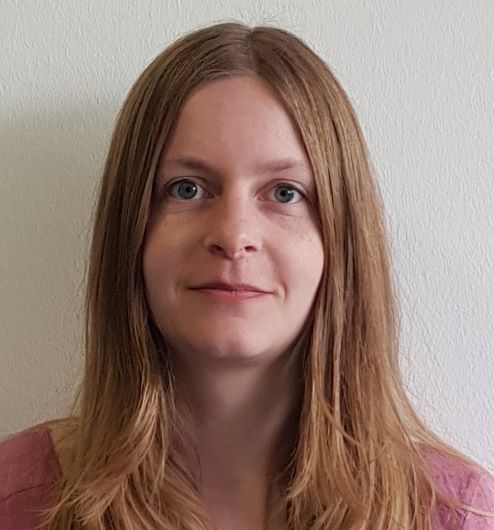Jun.-Prof. Dr. Sophie Fellenz (née Burkhardt)
Junior professor
Bio
Since 2020 Sophie Fellenz is a junior professor at RPTU's department of computer science. Previously she was a research group leader at Johannes Gutenberg University Mainz (07/2020-10/2020) and before that a PostDoc in the research group of Stefan Kramer. She obtained a PhD from Uni Mainz in 2018 under the supervision of Stefan Kramer and a Magister in Philosophy and Computer Science in 2013 with a thesis on mental representation.
Research interests
Sophie Fellenz is interested in topic models, and, more generally, generative models and deep generative models. More recently, she is also interested in how to insert prior knowledge and constraints into (generative) neural models. In particular, her interest is in combining physical or biological models such as differential equations, known biological pathways, or boundary conditions with experimental data to achieve hybrid, grey-box models for tasks such as time series generation and forecasting, scRNA data generation, or the prediction of molecular properties. Her PhD was about multi-label classification, nonparametric Bayesian models and online models.

- Appointments and scientific matters
- =YWZsxWZupHQjNnL15WatsGbuQWZ
- Office
- RPTU, Building 36, Room 331 - 67663 Kaiserslautern